Premium Only Content
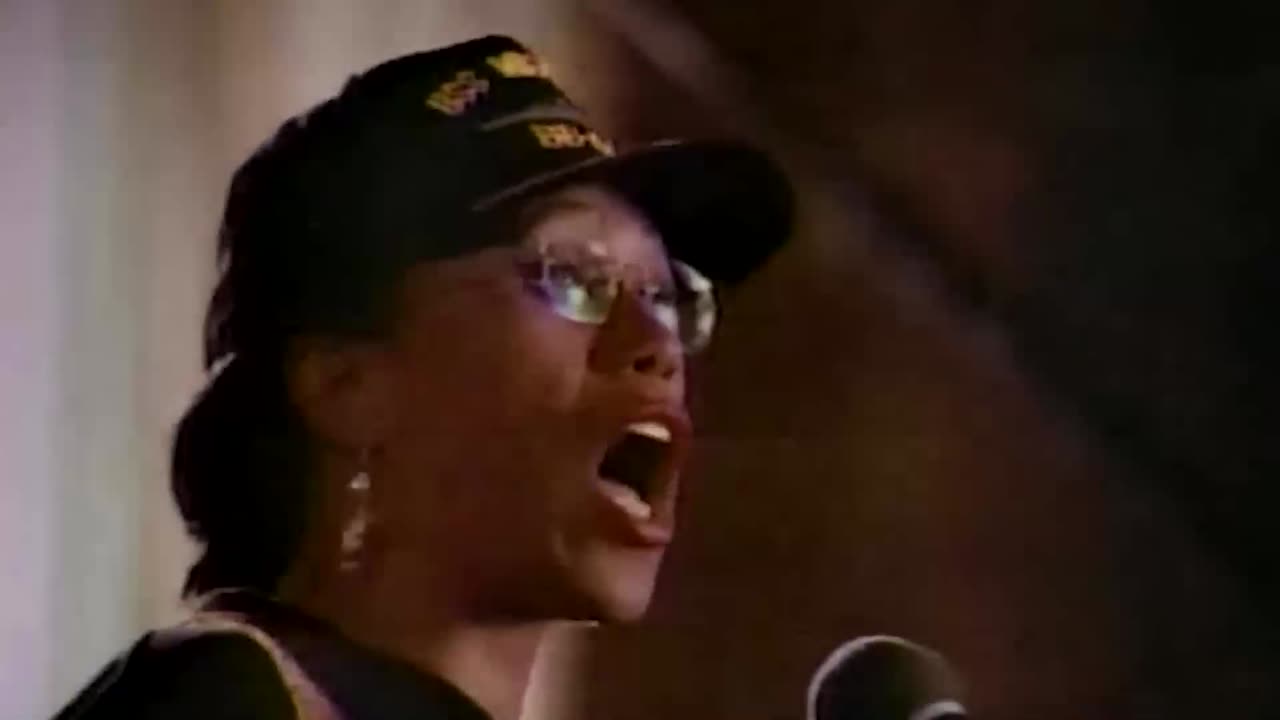
Made for TV War Due to CNN's Extensive Live Coverage
Made for TV War Due to CNN's Extensive Live Coverage
Google AI Overview
While the Persian Gulf War (1991) is often cited as the first "Made for TV" war due to CNN's extensive live coverage and use of new technologies like satellite technology and on-board cameras, the Vietnam War was actually the first war extensively and critically covered on television.
Here's why both hold significance:
Vietnam War
First Televised War: The Vietnam War was the first war brought into American living rooms on a daily basis by television news, starting in the mid-1960s.
Impact of Television on Public Opinion: Graphic and often unfiltered portrayals of the war on television began to shape public opinion and contributed to the anti-war movement.
Persian Gulf War
Live, Real-Time Coverage: CNN's continuous live broadcasts from the front lines and Baghdad brought an unprecedented level of real-time visibility to the conflict.
CNN Effect: CNN's groundbreaking coverage influenced both media coverage and military strategy, leading to the coining of the term "CNN effect".
In summary: While Vietnam was the first war televised, the Persian Gulf War, with its advanced technology and 24/7 news cycle, represented a new era of war coverage and is considered by some to be the first "made for TV" war in the modern sense.
What is the real story of British rule in India what would it look like if the British invasion of India was broadcasted on TV?
Google AI Overview
Viewpoint: The myth of 'strong' British rule in India - BBC News
Queen Elizabeth II. Elizabeth was in India on the day her father died. On 6 February 1952, George VI, King of the United Kingdom, died at the age of 56, at Sandringham House, after a prolonged cancer. His state funeral took place on 15 February 1952. He was succeeded by his daughter Queen Elizabeth II.
The British in India: A story of imperial ambition, economic exploitation, and cultural impact. If the British invasion were televised, it would likely show a narrative of military conquest, political maneuvering, and the imposition of colonial rule, alongside the everyday lives of Indians under British administration. The show would highlight the economic exploitation, famines, and social injustices, alongside the rise of Indian nationalism and the eventual struggle for independence.
The British Raj had a significant impact on people living in India. Many Indians suffered from extreme poverty and famines during British rule. The British government and British individuals gained a lot of wealth from trade with India, which they used in part to fund the Industrial Revolution.
The British Empire ruled India throughout the entire 20th century, from 1900 until the partition of India in 1947, a period known as the British Raj. This followed the British government taking over administration from the East India Company after the Indian Rebellion of 1857. The British Raj officially ended with the independence and partition of India in 1947. This video highlights the end of the British Empire in India. India was one of the most desired colony of the British Empire, ...
Here's a more detailed breakdown:
What the TV show might cover:
Military Expansion and Conquest:
.
The show would depict the British East India Company's gradual expansion through battles, treaties, and political alliances with various Indian rulers. This would involve showcasing the superior military technology and organization of the British forces, as well as the resistance they faced from Indian armies.
Economic Exploitation:
.
The show would illustrate how India became a source of raw materials and a market for British goods, leading to the decline of Indian industries and widespread poverty. Famines, caused or exacerbated by British policies, would be a recurring theme.
Social and Cultural Impact:
.
The show would explore the imposition of British legal and administrative systems, the introduction of English education, and the impact of British social and cultural norms on Indian society. It would also highlight the resistance to these changes and the rise of Indian nationalism.
The 1857 Rebellion:
.
A significant portion of the show would be dedicated to the 1857 Sepoy Mutiny, which was a major turning point in British rule. The show would portray the causes of the rebellion, the violence on both sides, and the eventual British crackdown.
The Long Road to Independence:
.
The show would cover the growth of Indian nationalism, the influence of figures like Mahatma Gandhi, and the eventual partition of India and Pakistan in 1947.
Different Perspectives:
British Perspective:
.
The show would likely present a narrative of benevolent rule, highlighting the "civilizing mission" of bringing order, progress, and Western education to India. It would also acknowledge the challenges and complexities of governing a vast and diverse land.
Indian Perspective:
.
The show would focus on the negative consequences of British rule, including economic exploitation, social injustices, and cultural disruption. It would also showcase the resistance movements and the struggle for independence.
Overall, the show would present a complex and nuanced picture of British rule in India, acknowledging both the positive and negative impacts of this period in history.
Imperial Receipts is an upcoming ten-part series. The brilliant intellectual Shashi Tharoor – politician, former diplomat, author, and chair of the Indian Parliament's External Affairs Committee – examines how the British systematically plundered a vast nation, discovers what was left behind, and how the empire still echoes in today’s political and economic realities. It begs the question: should the loot be returned? We dive into the archives, bringing history to life, in order to unravel the myths that continue to circulate online, tackling different facets of colonialism across ten episodes. Shashi Tharoor stitches history to the present, showing why reckoning with London’s whitewashed imperial past is essential for any honest conversation about global power today.
The show premiers on RT International on Monday, September 1, 2025 and will be aired weekly.
Join the Weekly Video Call
Call 305-333-1925
-
 2:05:58
2:05:58
TimcastIRL
7 hours agoSHOTS FIRED, Leftists ATTACK Coast Guard & Feds In SHOCK Terror Attack | Timcast IRL
232K126 -
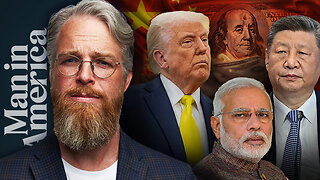 1:07:25
1:07:25
Man in America
12 hours agoThe BRICS War on the Dollar Just Hit Endgame—What's Next Changes EVERYTHING
20.3K7 -
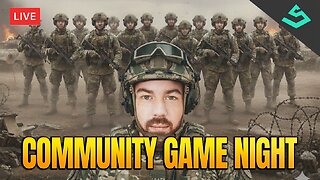 3:23:45
3:23:45
SOLTEKGG
3 hours ago🔴LIVE - Community Game Night - GIVEAWAY
24K2 -
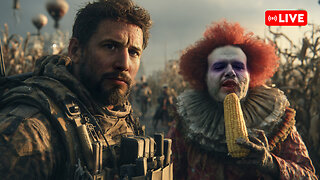 LIVE
LIVE
SpartakusLIVE
6 hours ago#1 Friday Night HYPE, viewers GLUED to the screen
349 watching -
 55:50
55:50
NAG Podcast
4 hours agoAda Lluch: BOLDTALK W/Angela Belcamino
8.73K1 -
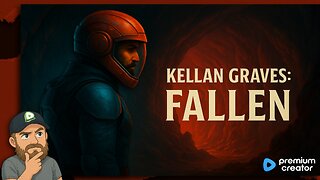 LIVE
LIVE
VapinGamers
1 hour agoKellan Graves - Fallen - Game Review and Game KeyGiveaway - !rumbot !music
118 watching -
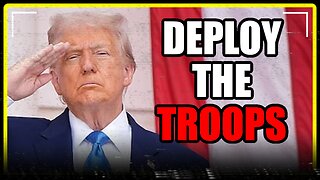 1:06:41
1:06:41
MattMorseTV
4 hours ago $0.16 earned🔴Trump PREPARES for WAR with VENEZUELA.🔴
36.2K57 -
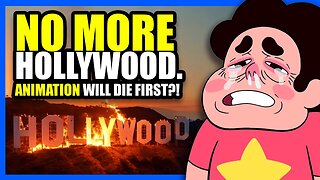 39:59
39:59
Clownfish TV
9 hours agoHollywood NO MORE! Animation Industry Will DIE First?! | Clownfish TV
8.16K2 -
 25:57
25:57
The Kevin Trudeau Show Limitless
2 days agoThe Sound Of Control: This Is How They Program You
61.2K17 -
 47:41
47:41
Sarah Westall
3 hours agoNew Actions by Insiders Never Seen in History – Bitcoin Moves Ahead w/ Andy Schectman
18.3K2